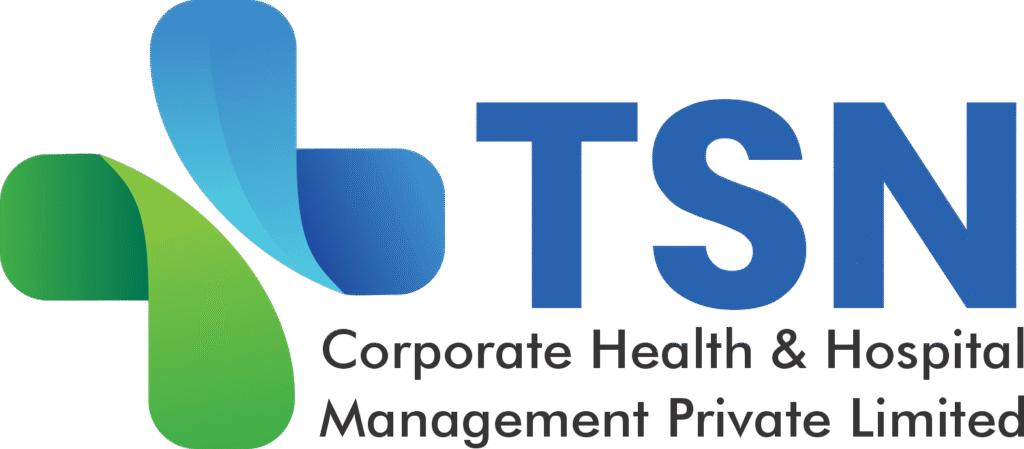Introduction
When we think of war, we picture tanks, missiles, and ruined cities. But there’s another silent casualty—healthcare. In times of conflict, the very system meant to save lives is often on life support itself. In 2025, with multiple conflicts raging around the globe, from Eastern Europe to the Middle East, healthcare professionals are fighting a different kind of battle: one against time, trauma, and total collapse.
The Impact of War on Healthcare Infrastructure
War tears apart not just roads and homes, but also hospitals. Bombed clinics, destroyed ambulances, and occupied medical centers are now tragically common. Even if a hospital is left standing, it might not have running water, power, or equipment. In war-torn regions, a simple surgery becomes a near-impossible task.
Medical Staff in Warzones
Doctors, nurses, and paramedics become war heroes—not with weapons, but with bandages and stethoscopes. They often work round the clock, treating dozens of patients with almost no supplies. Many are killed, kidnapped, or forced to flee. Imagine saving lives in a hospital that’s being shelled—this is the grim reality.
Access to Basic Medical Care
For civilians, getting treated is a dangerous gamble. With roads destroyed or occupied by enemy forces, reaching a hospital might take hours—if not days. In blockaded cities, even basic antibiotics are rare. Emergency services like ambulances are either overwhelmed or too scared to operate.
Infectious Disease Outbreaks in Conflict Areas
Crowded shelters, poor sanitation, and lack of vaccines form the perfect breeding ground for outbreaks. Diseases like cholera, measles, and even COVID-19 have re-emerged in warzones. Immunization drives come to a halt, and diseases spread like wildfire.
Maternal and Child Healthcare in Conflict Zones
War is particularly cruel to pregnant women and children. Maternity wards are bombed. Midwives are scarce. Newborns die from treatable infections simply because there’s no incubator or antibiotics. Malnutrition adds another deadly layer to this tragedy.
Mental Health Toll of War
You can’t see it in scans, but trauma runs deep. War breeds fear, anxiety, and grief. Children grow up knowing only the sounds of sirens and gunfire. Soldiers return with PTSD. Yet mental health support is almost nonexistent. In many places, even talking about it is taboo.
Role of International Organizations
Groups like Doctors Without Borders (MSF) and The Red Cross do incredible work. They run emergency camps, field hospitals, and vaccination drives under fire. But they face enormous hurdles: access restrictions, lack of funding, and sometimes, deliberate attacks.
The Use of Healthcare as a Weapon
It’s chilling, but real. Some regimes bomb hospitals to break morale. Others block humanitarian aid as a strategy. Health becomes political—who gets treated, who gets left behind. This is not just unethical; it’s a direct violation of international law.
Innovations in Wartime Healthcare
Necessity is the mother of invention. From mobile surgical units to drones that deliver insulin, war has sparked some life-saving tech. Telemedicine is being used where doctors can’t reach. And communities are training local volunteers in first aid to keep things afloat.
The Black Market and Medical Supplies
When official systems fail, the black market rises. Life-saving drugs are sold at 10x the price—or worse, replaced with counterfeits. Corruption festers. Some even profit off suffering. The result? The rich get pills, the poor get pain.
Refugees and Cross-border Healthcare
Millions flee war every year. But crossing borders doesn’t end their problems. In refugee camps, basic care is stretched thin. Chronic patients—diabetics, heart patients, cancer survivors—often lose access to medications, leading to worsening conditions or death.
Ethical Dilemmas for Healthcare Workers
War twists morality. Do you treat the enemy? Do you save one critically injured soldier or ten civilians with lighter wounds? These are the real questions doctors face every day. Remaining neutral becomes harder when bullets fly.
Digital Health & Surveillance During War
From drones tracking outbreaks to apps recording patient data—digital health is booming. But war also raises ethical flags. Can surveillance tech be used against the population? What happens if sensitive patient info is hacked or leaked?
Conclusion
In war, everything is a battlefield—including healthcare. What should be a sanctuary becomes a target. But amid the rubble, healthcare workers keep showing up, patching wounds and saving lives. That’s humanity at its finest.
Protecting healthcare isn’t just a moral duty—it’s the foundation for peace, recovery, and dignity.


